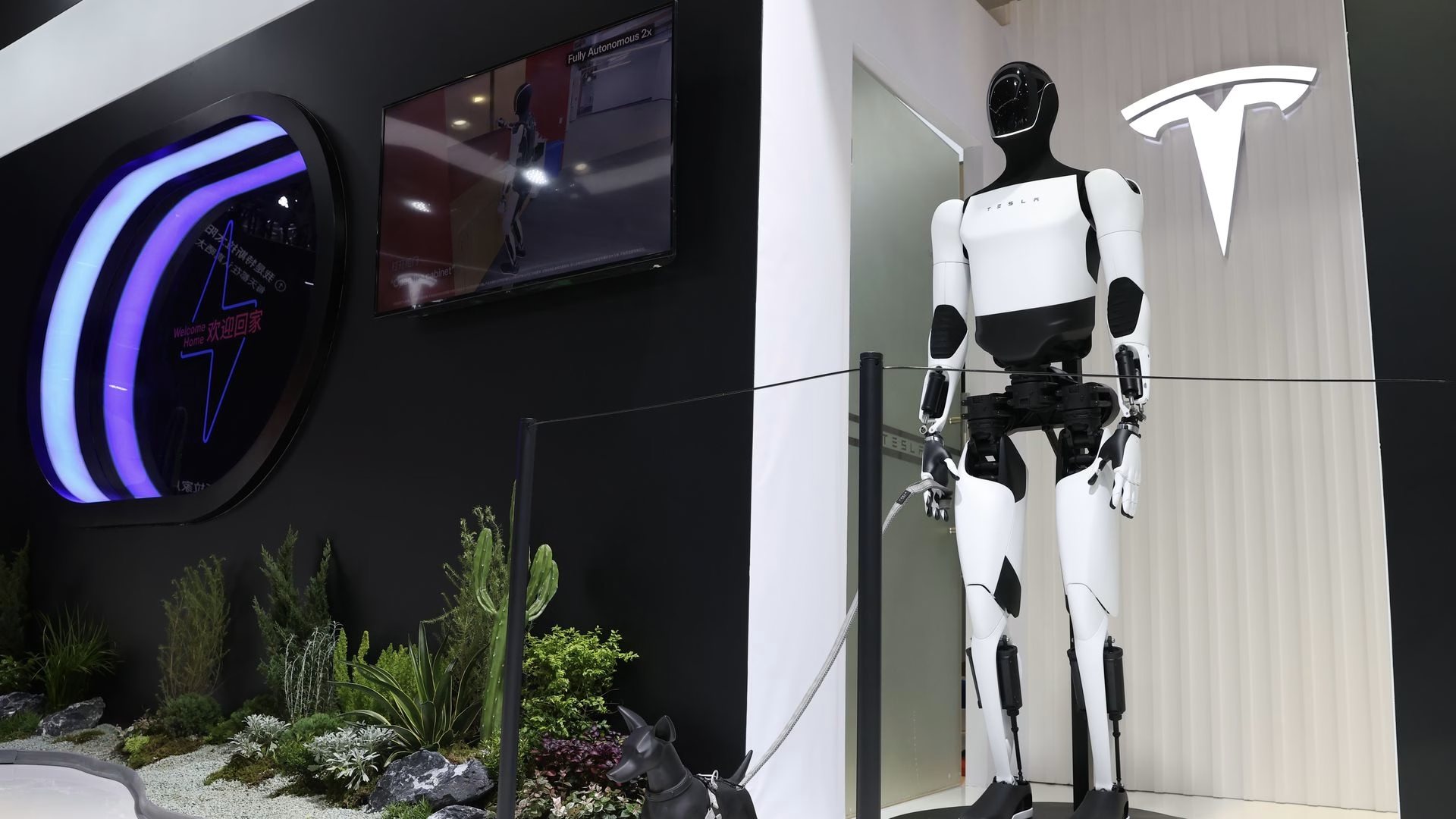On November 6, 2025, Tesla CEO Elon Musk announced the company's intention to establish its own semiconductor fabrication plant, a strategic move aimed at bolstering in-house chip production for its electric vehicles (EVs) and artificial intelligence (AI) initiatives. Musk also stated Tesla is exploring a collaboration with Intel for chip manufacturing, potentially utilizing Intel's foundry services. This development, reported by Nikkei Asia, follows statements made during a Tesla investor call on November 5, where the emphasis was clearly on reducing reliance on external suppliers like TSMC and Samsung, particularly amidst ongoing global chip shortages and escalating demand for AI hardware in next-generation EVs.
Tesla's Drive for Semiconductor Self-Reliance
Tesla is notably accelerating its plans for in-house chip production. Reuters reported on November 7 that Musk underscored self-reliance in a subsequent public statement, reflecting a broader strategy to gain absolute efficiency that off-the-shelf components can't match. This push for vertical integration addresses past chip constraints that had, for example, delayed Model Y production previously, and was highlighted as crucial for scaling autonomy features in the company’s Q3 2025 earnings update from October 22. Bloomberg further indicated that these fab plans might involve constructing new facilities in either Texas or California, building on Tesla's existing operational footprint.
The AI5 Chip and Production Targets
At the heart of Tesla’s semiconductor ambitions is the upcoming AI5 chip, projected to offer a performance boost of 50 times over its predecessor, the AI4. Tesla aims for mass production of the AI5 by 2027, with samples and small-scale units expected to emerge in 2026. This custom silicon is designed for vehicles, robotics, and data centers, boasting photon-based I/O for superior scalability and long-term efficiency. In terms of production scale, the company has targets to produce 50,000 units per year of its Tesla Semi, a vehicle that heavily relies on these custom chips. Such a fab project represents a significant financial undertaking, with Bloomberg estimating initial costs between $10-15 billion, aligning with industry benchmarks for similar facilities. For context, Tesla’s Q3 2025 capital expenditures reached $2.8 billion, with a portion specifically allocated to AI hardware development.
Potential Collaboration with Intel and Industry Response
While no official confirmation of a definitive Intel collaboration has been announced, Intel CEO Pat Gelsinger acknowledged "discussions with automotive leaders" during Intel's Q3 2025 earnings call on November 6. This aligns with Intel's broader strategy to expand its foundry services into the automotive sector. The potential for such a partnership has drawn attention from industry experts. Analysts at Wedbush Securities noted on November 7 that Tesla's move could significantly differentiate it from rivals such as Ford, potentially cutting costs on custom AI chips by as much as 30%. Semiconductor expert Ming-Chi Kuo suggested that an Intel collaboration could strategically accelerate Tesla's transition away from reliance on Asian suppliers like TSMC, especially considering geopolitical risks. However, EV industry commentator Sam Abuelsamid, writing in Forbes on November 6, while praising the efficiency gains, also cautioned about potential execution challenges inherent in establishing new, complex manufacturing operations.
Strategic Implications and Regional Impact
Tesla's embrace of domestic chip production carries broad strategic implications. By potentially establishing a U.S.-based fab, the company could significantly reduce supply chain vulnerabilities, a point of differentiation from competitors relying heavily on non-U.S. manufacturing. This move also aligns with incentives provided by the U.S. CHIPS Act, which offers substantial subsidies for domestic semiconductor production. Regionally, Nikkei Asia highlighted the impact on Asian markets, particularly regarding Tesla's competition with companies like BYD and its historical reliance on chip supplies from Taiwan and China. A shift towards U.S. production could potentially reduce dependency on Asian foundries like TSMC, which could, in turn, influence regional economies and potentially escalate trade tensions, as observed by the South China Morning Post on November 7. Conversely, Tesla's European operations, such as the Berlin Gigafactory, might also benefit from a more localized and secure chip supply in the long term, according to Automotive News Europe.
